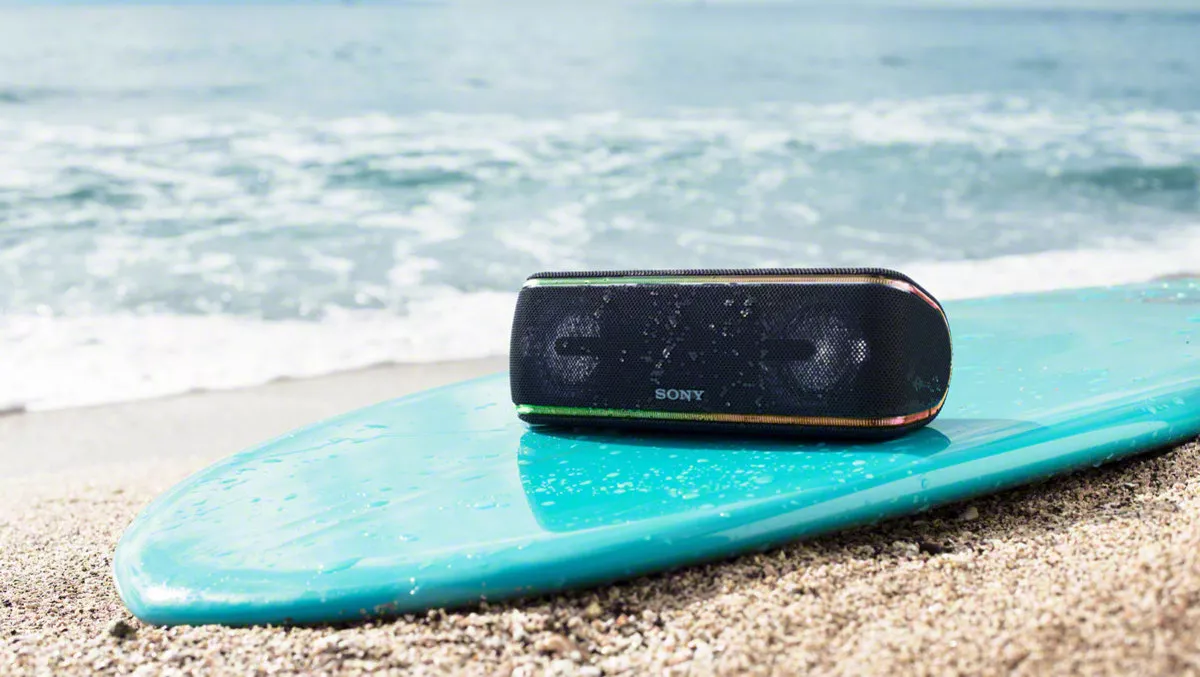
Sony gets serious about reducing plastic pollution
Sony is getting serious about taking responsibility for its plastic production and waste efforts by launching a programme designed to help reduce plastic pollution.
The 'One Blue Ocean' project aims to reduce plastic pollution in the world's oceans. It also states that Sony will also make efforts to reduce its environmental footprint to zero by 2050.
According to the World Economic Forum, annual plastics production is now 20 times the level it was 50 years ago, but the plastic recycling rate sits at a measly 9%.
Plastic pollution goes beyond the plastic bag and plastic packaging – smartphones, cameras, home entertainment systems, vehicles, appliances and countless other things have at least a few plastic components to them.
The G20 Ministerial Meeting on Energy Transitions and Global Environment for Sustainable Growth in June 2019 adopted a joint declaration that included the establishment of an international framework designed to curtail ocean plastic waste.
But efforts to clean up the earth are only going to work if everyone gets involved, which is why Sony is speeding up its efforts to reduce its environmental footprint.
The company's 'Road to Zero' long-term environmental plan was created in 2010, but Sony says it needs to do more. 'Green Management 2020' (GM 2020) environmental mid-term targets have been helping to reduce greenhouse gas emissions at Sony sites and products' power consumption.
The company aims to reduce general waste, and even phase out single-use plastics such as bottles, straws, cups, straws, plastic bags, and other cutlery.
Some Sony sites and group companies are already cleaning up rivers, beaches, and other locations around the world. These opportunities will expand to other Sony Group locations.
The company is also drumming up awareness about ocean plastic pollution. It plans to provide orientation to volunteers who participate in cleanup days.
In Japan, beach cleanup activities are regularly carried out by the Kunisaki Satellite of the Oita Technology Center of Sony Semiconductor Manufacturing Corporation. The site received the Green Social Contribution Award in Japan in 2018, held by the Organization for Landscape and Urban Green Infrastructure.
Sony Digital Products (Wuxi) Co., Ltd. (SDPW), based in the Chinese city of Wuxi, conducted 33 cleanup activities in one year with the involvement of a total of about 1,000 people, collecting about 1300 kg of waste within the city.
"Sony is working hard not only to reduce the use of plastics at all Group sites but also to carry out plastic recovery and waste cleanup activities," the company states.
"In all these efforts, Sony aims to ensure that its business is helping to build a better, more sustainable world.
Sony's principal efforts towards the GM2020 targets:
Reducing plastic used in products and product packaging, and proactively using recycled materials
Targets under GM 2020:
- Reduce amount of virgin oil-based plastics per product unit by 10% (compared with fiscal 2013 levels)
- Aim to minimise resource inputs
Principal efforts and results to date:
- Development of original Sony flame-retardant recycled plastic SORPLAS and introduction of it in various products
- Use of felt comprised of 50% recycled polyethylene terephthalate (PET) plastic bottles in packaging for aibo
Reducing plastics used in manufacturing
Targets under GM 2020:
- Reduce absolute waste generated by 5% (compared with fiscal 2015 levels)
Principal efforts and results to date (fiscal 2018):
- 18.8% reduction of waste generated in fiscal 2018 (compared with fiscal 2015 levels)
- Approximately 1,080-ton reduction of plastic waste generation in one year's time during fiscal 2018


